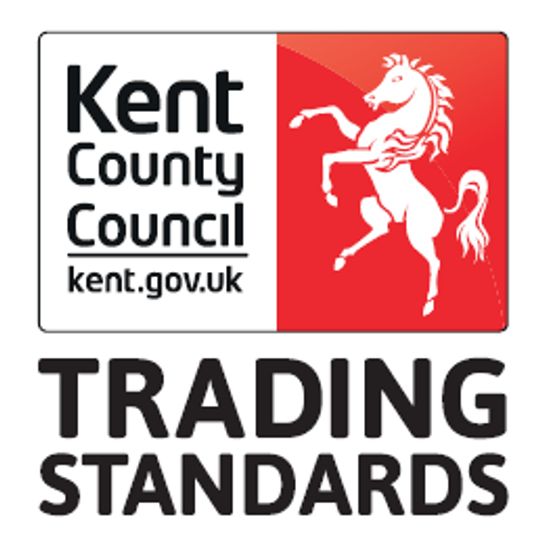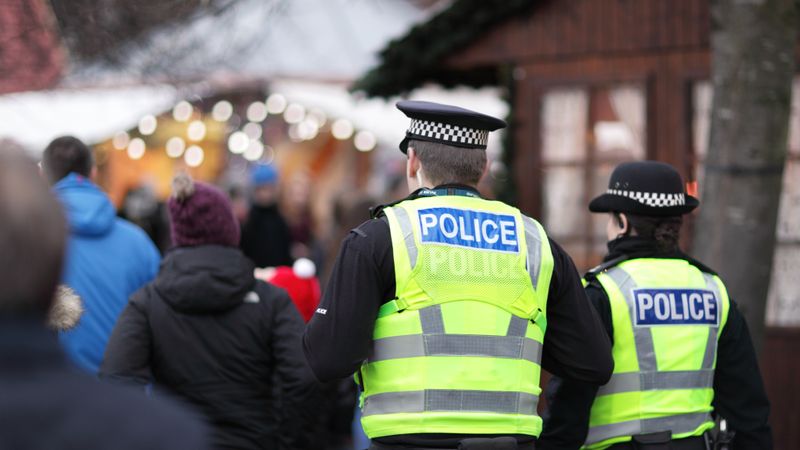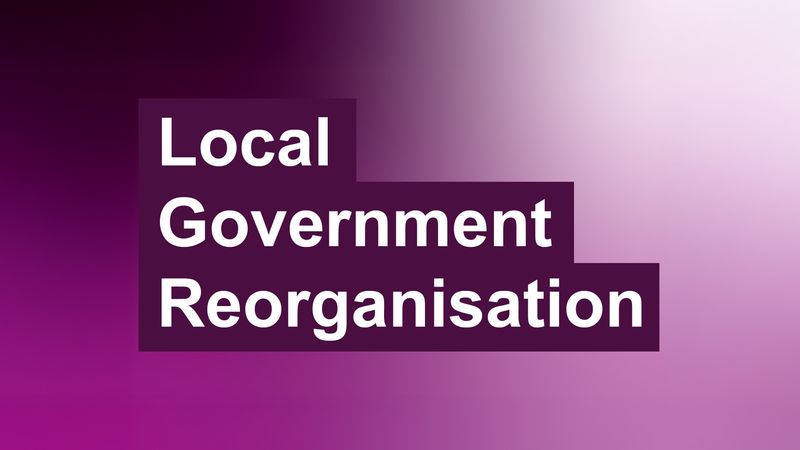That is the message from the Public Protection team at Kent County Council, working hard to stay ahead of the fraudsters who are viewing the cost of living crisis as a potential bumper payday.
A winter campaign is now underway to raise awareness of the increasingly sophisticated ways being used to catch people out with a call for the community to report every fraud they come across to help both disrupt the criminal networks and secure convictions.
National Trading Standards’ (NTS) has reported a staggering 85 per cent increase in green home improvement scams between August and September this year, aiming to capitalise on the fears around energy costs and the pressing desire to save money.
The offers on solar panels, loft insulation, double or triple glazing and boiler replacements were not genuine ones.
Then there is the temptation of cheap counterfeit goods as Christmas shopping continues apace.
Head of Kent Trading Standards, Steve Rock, said:
"The cost of living crisis makes everyone in Kent vulnerable to fraud. We all need to be alert to doorstep criminals, online, phone and postal scams, dodgy goods at markets and even sharp practice on the high street."

Kent County Council Trading Standards logo
"As the necessity to cut household spending intensifies, our buying behaviour is changing with the need to save money."
"We are concerned about the market being flooded by cheaper and counterfeit products but don’t be tempted to buy them. Counterfeits are often dangerous, can cause serious harm as well as damage legitimate businesses. It is not a victimless crime. Poor quality fake goods and, more broadly, the trade props up organised crime outfits involved in drug trafficking, modern slavery and terrorism."
The shocking reality is these fraudsters run highly-organised outfits, operating as any business would with an active recruitment process looking for the best people with particular skill sets, especially around technology.
The authentic-looking text or WhatsApp message or email saying an account has been blocked or a payment refused and prominent adverts at the top of your screen when you search online for emergency home repairs will be the handiwork of these individuals.
And more locally, be aware of sharp practice from unscrupulous individuals dealing in knock off products, selling short measure goods and overcharging.
Do your very best to make your personal details and bank information impenetrable to criminals. Press the pause button before making any decision and choices:
- If a deal seems too good to be true, it probably is.
- If you are being asked to provide details, stop. Legitimate organisations will not mind you calling them back.
- You can say no thank you and close the door to any cold callers, whatever story they give you.
- Subscribe to the KCC YouTube channel for the series of Newscast broadcasts from experts from the Public Protection team coming to Kent County Council’s YouTube channel – and please share the content with friends and family if they are not online.
- For scam alerts follow Public Protection on social media and sign up for alerts by email.
Speak up. Stay safe. Report every instance of fraudulent activity to Public Protection. This is how:
- To report counterfeit, fake or illegal goods, illicit tobacco, loan sharks or those selling restricted items to underage children, all the charity Crimestoppers on 0800 555 111 or visit the Crimestoppers website. It is 100% anonymous, always.
- To report a scam and get advice on consumer issues, call the Citizens Advice Consumer Helpline on 0808 223 1133.
- If you feel threatened, call 999.
ENDS.
Note for editors
NTS data shows that for one in four UK adults, losing just £100 to a scam now would tip them into a serious financial crisis, leaving them unable to pay bills, buy food or other essentials. Read the full information on the National Trading Standards website.
For more information, contact Jo Godden:
- email: jo.godden@kent.gov.uk
- call: 07971 950880.




